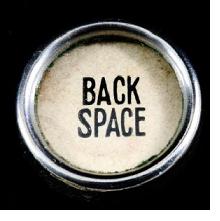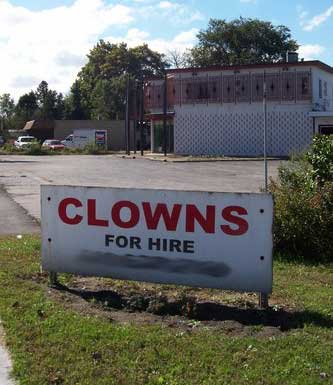There’s a fascinating story at CNN.com about a women who lost the tip of her finger in an accident at home. She went to the hospital and asked them to reattach the severed portion. All the doctors told her she was crazy, but she didn’t give up.
She told the ER doctor to get stuffed, in so many words, when she was told it would be impossible to do. Likewise for the orthopedic specialist that was brought in for a second opinion.
Deepa Kulkarni spent the day after her accident trying to get somebody to listen to her when she ran across Dr. Stephen Badylak at the University of Pittsburgh, who was working a new tissue regeneration technique. Five weeks or so later and Kularni had herself a new, restored finger.
Lessons?
Freelancers, don’t always take the advice of the first professional you see who tells you your ideas won’t work. I’m of course talking about freelance business ideas, book concepts, article queries, designs, etc.
The lesson of this story is mostly about persistence. Freelancers should know that even the experts called in to give you a second opinion can be wrong. After all, wasn’t it Rudyard Kipling who got that famous rejection letter telling the author that one magazine wasn’t the place for Kipling to “practice his writing”?
Continue reading What Freelancers Can Learn From a Severed Pinky




